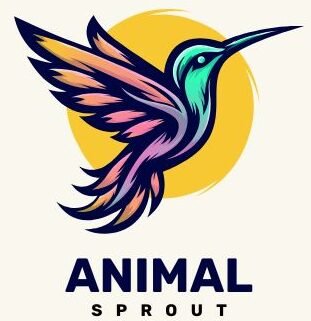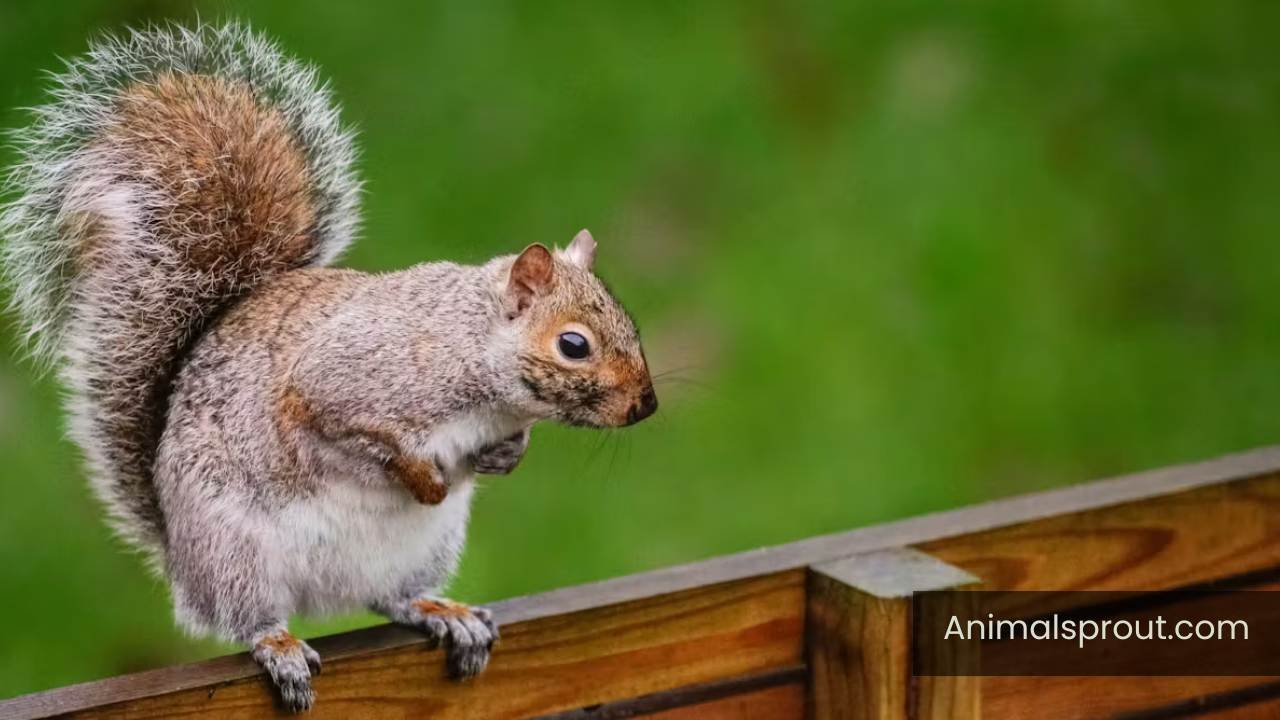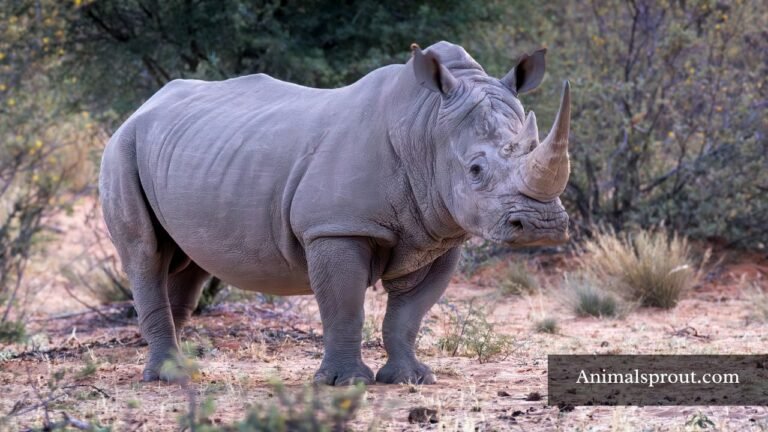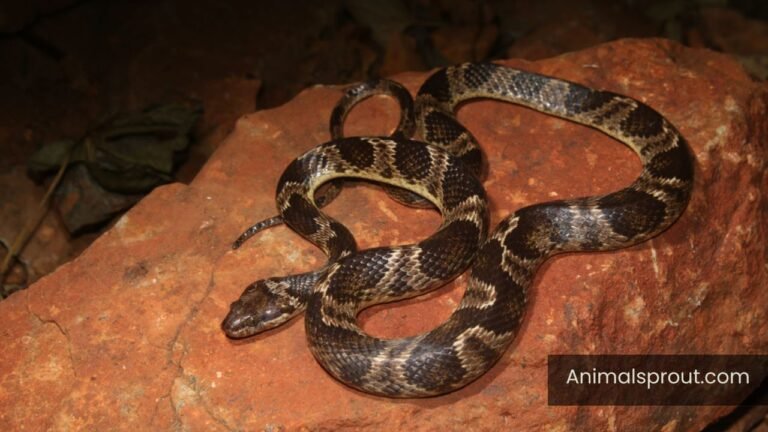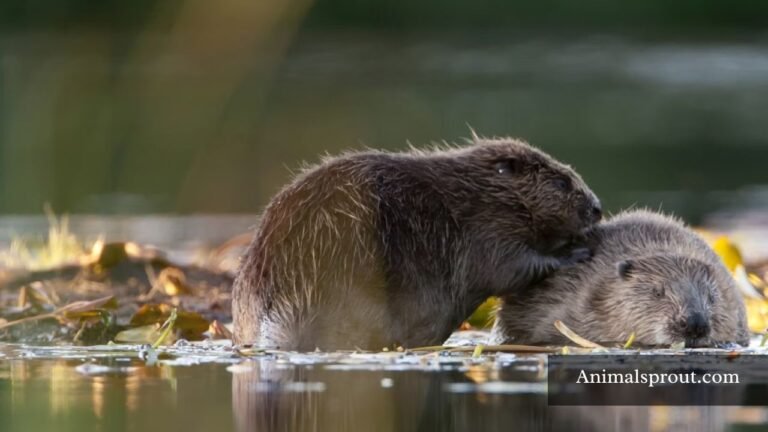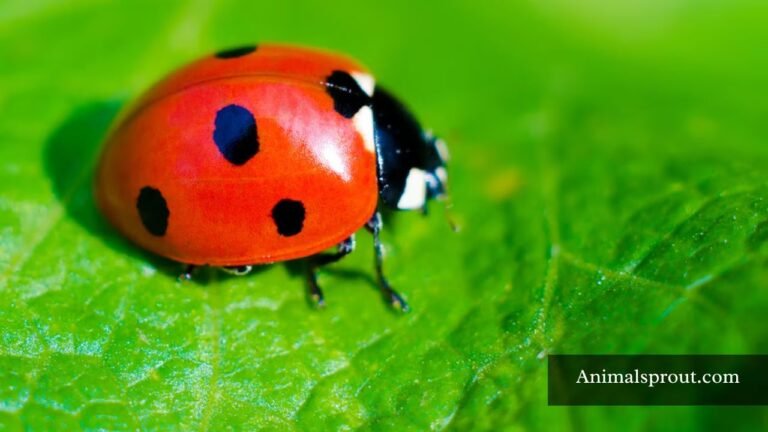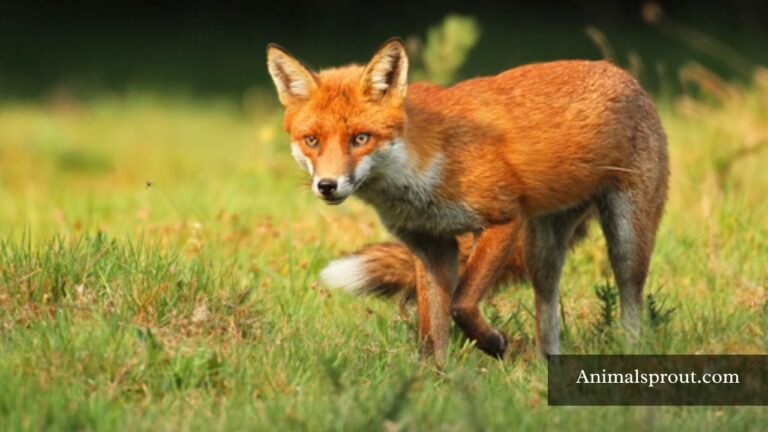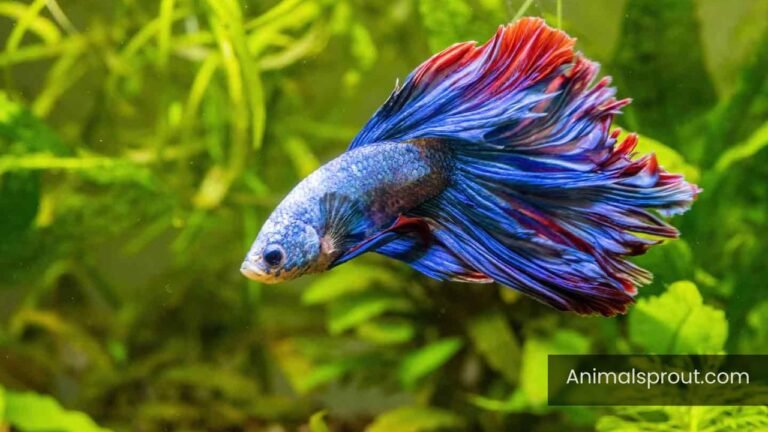Interesting Facts: Can Squirrels Eat Raisins?
In this article, we will explore the question, “Can squirrels eat raisins?” Understanding the dietary habits of these playful creatures is essential for any wildlife enthusiast or pet owner. By the end, you’ll learn whether raisins are a tasty treat or a potential hazard for your furry friends.
Can squirrels eat raisins?
Squirrels are often seen foraging through parks and backyards, but their diets can be a topic of curiosity for many animal enthusiasts. Raisins, those chewy little nuggets of dried fruit, might seem like a treat that could easily appeal to these agile creatures. In moderation, raisins can indeed be part of a squirrel’s diet. However, it’s crucial to consider the sugar content; while squirrels may enjoy the sweetness, too many raisins can lead to health issues such as obesity and dental problems.
What’s fascinating is that squirrels, with their natural instinct for foraging, often show a preference for high-energy foods. In the wild, their diets are primarily composed of nuts, seeds, fruits, and vegetables—all rich in nutrients and fibers. This makes raisins an interesting yet not ideal supplement. If you’re tempted to offer raisins to your backyard visitors, think of it as an occasional treat rather than a staple. Observing how squirrels interact with different foods can also provide insight into their behaviors and preferences, making every feeding session an opportunity for connection with nature.
Raisins, You Can NOT Give Squirrels
While it may seem harmless to toss a handful of raisins to the playful squirrels in your backyard, it’s important to reconsider this seemingly innocent gesture. Raisins are dried grapes, and just like grapes, they contain compounds that can be toxic to certain animals, including dogs and potentially squirrels. The exact reason why grapes and their dried counterparts are harmful remains a mystery, but the consequences can be severe, leading to kidney failure or other serious health issues in pets.
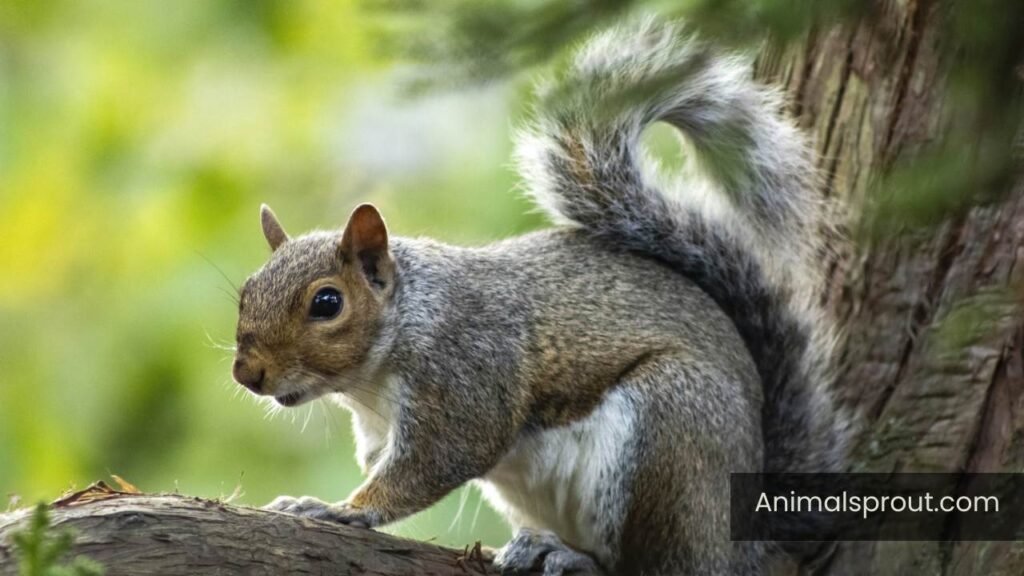
Moreover, offering raisins might inadvertently encourage squirrels to rely on human-provided snacks rather than foraging for their natural diet. This dependence can disrupt their foraging instincts and ultimately affect their survival skills. Instead of raisins, consider providing unsalted nuts or seeds that align more closely with their natural eating habits. By fostering a healthier environment for these curious critters, we can appreciate their presence without compromising their well-being.
Can Squirrels Eat Sultanas?
Sultanas, those sweet, dried grapes, might seem like an appealing snack for our furry friends, but offering them to squirrels requires some consideration. While squirrels are known for their diverse diets that include nuts, seeds, fruits, and even fungi, sultanas introduce a different nutritional profile due to their high sugar content. In moderation, a few sultanas can be an occasional treat, providing a quick energy boost during colder months or when food is scarce. However, excessive sugar intake can lead to health issues like obesity or dental problems, which is something every wildlife enthusiast should keep in mind.
Moreover, the impact of feeding sultanas on local squirrel behavior is worth exploring. Regularly offering these sugary morsels may encourage squirrels to rely on human-provided snacks rather than foraging for their natural diet. This shift can disrupt their foraging instincts and alter their relationship with their environment. Instead of making sultanas a staple in their diet, consider using them as a rare reward during observation—an opportunity to engage with these clever creatures while also respecting their natural behaviors. Ultimately, it’s about striking a balance that keeps them healthy and wild.
Feeding Squirrels: A Balanced Approach
Feeding squirrels can be a delightful way to connect with nature, but it requires a balanced approach to ensure their health and well-being. While these furry acrobats are often drawn to human-provided snacks like peanuts and corn, it’s crucial to remember that their natural diet consists of a variety of seeds, nuts, fruits, and vegetables. By diversifying their diet, you not only enhance their nutrition but also encourage natural foraging behaviors that keep them mentally stimulated and physically active.
One innovative method to engage with squirrels is by creating a “squirrel buffet” that includes a mix of healthy options. Consider setting out unsalted nuts, sunflower seeds, and even slices of apples or carrots. This not only provides a feast for the squirrels but also attracts different species, turning your backyard into a vibrant wildlife observation zone. Moreover, by varying the offerings over time, you help squirrels adapt to seasonal changes in food availability, which is an essential survival skill in the wild. With this balanced approach, you can enjoy the playful antics of squirrels while contributing positively to their diet and habitat.
Do squirrels eat acorns?
Squirrels have developed a well-deserved reputation as acorn aficionados, but their relationship with these nuts goes beyond mere snacking. Acorns are a vital source of sustenance, especially in the fall when food becomes scarce. These small mammals instinctively gather and stash acorns to prepare for winter, showcasing their remarkable ability to navigate their environment in search of food.
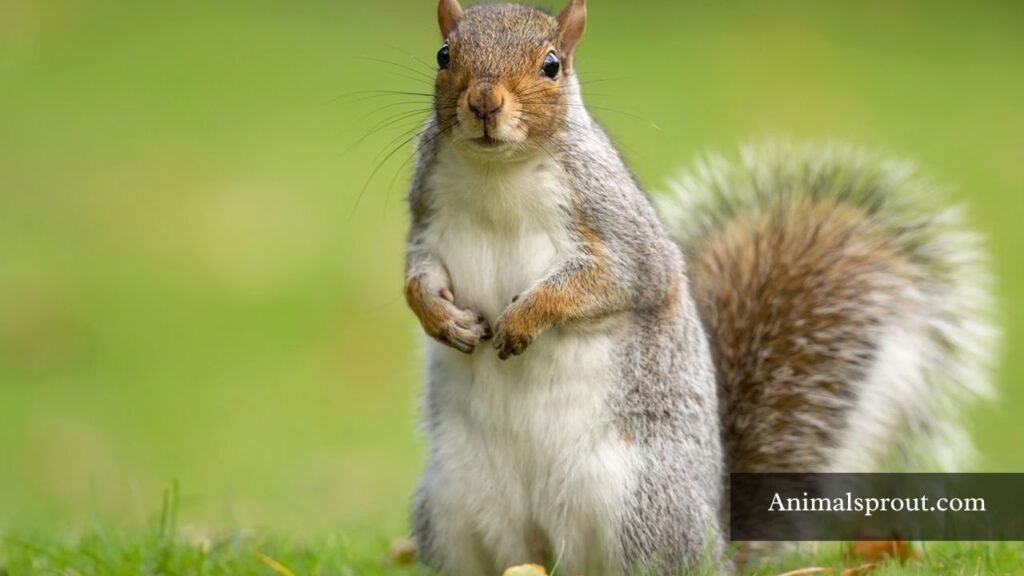
But it’s not just the taste or convenience of acorns; they also pack a nutritional punch. Rich in fats, proteins, and carbohydrates, acorns fuel the energetic lifestyle of squirrels. Interestingly, their knack for locating and memorizing stash sites highlights their cognitive skills — some studies suggest they may even use spatial memory akin to complex human navigational skills.
Readmore: Explore Top 15 Animals That Eat Seeds.
Conclusion
While squirrels can safely eat raisins in moderation, it is essential to consider their overall diet and health. Raisins are high in sugar, which can lead to obesity and other health issues if consumed in excess. Always ensure that your furry friends have a balanced diet that includes a variety of nuts, seeds, fruits, and vegetables. By providing them with healthy options, you can keep them energetic and thriving.
FAQs
Can squirrels eat grapes?
Yes, squirrels can eat grapes. These little critters are opportunistic eaters and enjoy a variety of fruits, including grapes. Grapes provide them with hydration and essential nutrients. However, it’s best to offer them in moderation.
Do squirrels eat strawberries?
Yes, squirrels do eat strawberries! They’re attracted to the sweet taste and vibrant color of the fruit.
Do squirrels eat grass?
Squirrels primarily eat nuts, seeds, fruits, and vegetables, but they will occasionally munch on grass. Grass isn’t a major component of their diet, but if food is scarce, they might nibble on it.
